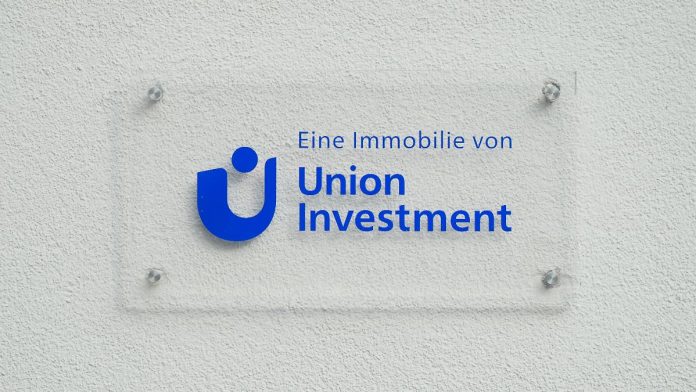“Unfortunate time”
Union Investment apologizes for real estate fund crash
This audio version was artificially generated. More info | Send feedback
The crash of the ZBI-Immo-Wohnen-Fonds was a shock for many investors. Union Investment promises that the losses will be made up again by 2026. It is “certainly not a mistake to invest in residential real estate”.
The drastic devaluation of the open-ended real estate fund Uni Immo ZBI Wohnen continues to concern the cooperative financial group. It was “the right fund at an unfortunate time,” said Cornelius Riese, CEO of DZ Bank, during the presentation of the institute’s half-year figures. DZ Bank acts as the central bank of the cooperative banking sector and, as a holding company, is the owner of the fund company Union Investment.
Union devalued the ZBI Wohnen fund by 16.7 percent in June, apparently because it had purchased residential properties at too high a price. The fund came to Union Investment in 2017 with the takeover of the ZBI Zentral Boden Group Erlangen. Before the correction, the fund volume was almost 5 billion euros. The fund managers invested between 2018 and 2022, when prices had already risen massively. The interest rate turnaround caught them off guard. In addition, the vacancy rate is comparatively high at seven percent; many properties are in rather unpopular locations and are also old.
“It is certainly not a mistake to invest in residential real estate, even from a social perspective,” said Riese. After all, there is too little living space in Germany. The problem, however, is that these investments were made in 2017 and therefore “at a very unfavorable time.”
He called on the cooperative financial group to “be self-critical.” The difficulties of the listed agricultural trader Baywa as well as windy loans from VR-Bank Bad Salzungen-Schmalkalden to football clubs and for red light properties, among others, made headlines recently.
“I'm sorry for that”
Union Investment boss Hans Joachim Reinke also apologized for the devaluation of the ZBI fund. “I’m also sorry for the private investors and the banks involved,” he told the “Börsen-Zeitung”. In it, Reinke explained how, in his opinion, the massive loss in value came about even though “nothing went wrong operationally.” “We implemented rent increases in the properties we invested in and reduced the vacancy rate.”
According to Reinke, the problems began with the “most rapid rise in interest rates in 60 years” and the highest inflation since 1949. “This was accompanied by rising construction costs and complete transaction rigidity for residential real estate,” said the Union boss. In the first phase, the sudden rise in interest rates – a result of the corona pandemic and the Russian war against Ukraine – led to a devaluation of the properties in the funds. The higher the market interest rate and thus the so-called real estate interest rate, the more future income is discounted and is therefore worth less in the present.
According to Reinke, a wave of cancellations began at the fund in January because investors were dissatisfied with the performance and more attractive returns were being paid elsewhere. According to the BVI industry association, a total of 3.1 billion euros net flowed out of open-ended real estate funds in the eleven months to the end of June, 2.1 billion from January to June alone.
Investors have to cancel open real estate funds and get the money paid out a year later. In the meantime, the fund company should raise liquidity, either through new investors or by selling real estate. This regulation is intended to prevent the funds from being frozen, as was the case during the global financial crisis, and investors not being able to get their money for years. Until the new regulations, the funds could be traded daily.
Union Investment remains a profit machine
“There was no corresponding new business and the options for raising outside capital are limited. So the university had to sell real estate,” Reinke told the “Börsen-Zeitung”. Interested buyers would have offered discounts of 25 to 30 percent on the property value, which the funds were not allowed to do for regulatory reasons. The result, according to Reinke, was the devaluation of the fund shares. From 2026 onwards, the losses could be made up again; the first sales have been made above market value.
Despite the problems with the ZBI fund, Union Investment proved to be a profit machine within the DZ Bank group. The fund company is increasingly approaching the 500 billion euro mark in assets under management and earned 616 million euros before taxes in the first half of the year, an increase of 40 percent compared to the same period last year.
The entire holding company earned 1.71 billion euros before taxes from January to June, a decrease of 11.4 percent compared to the previous year. The association and commercial bank (minus 45.1 percent), R&V Versicherung (minus 20.8 percent) and the consumer insurer Teambank (minus 66 percent) earned significantly less.
This text first appeared at capital.de


